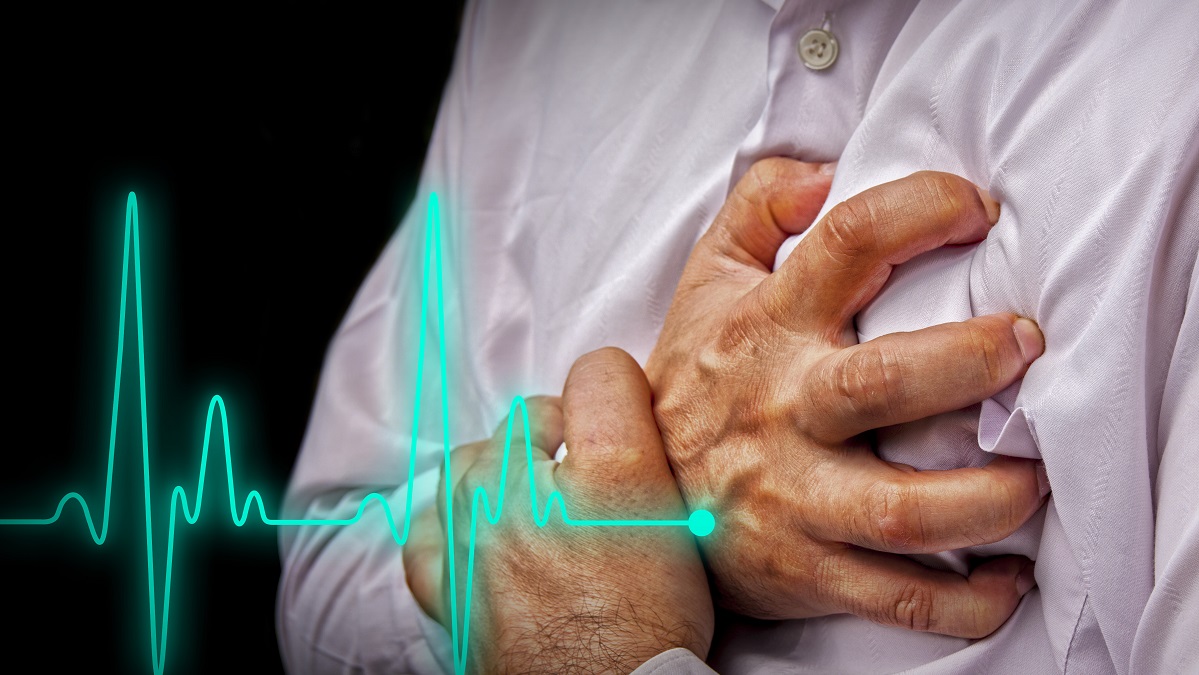Being able to see into the future might sound like the stuff of science fiction, but it would certainly be useful in helping as foresee, and perhaps prevent, adverse health events.
As it turns out, medical research tells us there are markers – beyond chest pain – to help us predict heart attacks up to a month in advance, especially in women.
Studies published by University of Arkansas Medical School researchers suggest there are a number of symptoms besides chest pain that indicate a heart attack could be on the cards in coming weeks.
Among those key symptoms are: fatigue, disturbed sleep, shortness of breath, weak arms or legs, indigestion, anxiety, loss of appetite and any changes in thought processes.
Looking out for these signs can be particularly important for women, many of whom do not display the well-known early heart attack warning signs that men do such as chest discomfort and arm and/or jaw pain.
Read: Government is failing heart attack patients: GPs
University of Arkansas researchers have shown that, in varying degrees, women have displayed the symptoms above weeks before a heart attack.
The most common early symptoms that women remembered were unusual fatigue (70 per cent), sleep disturbance (48 per cent), shortness of breath (42 per cent), indigestion (39 per cent), and anxiety (35 per cent).
What made these symptoms particularly significant was the fact that they stopped after the women had a heart attack. Only 30 per cent of women in the survey remembered chest discomfort, which they usually described as aching, tightness, or pressure, but not pain.
Read: Millions at risk of heart attack due to high cholesterol
While these symptoms are more common in women, chest pain is not to be ignored. The above figure of 30 per cent still represents nearly one in three women.
According to Dr Anushka Patchava, who is deputy chief medical officer for insurance company Vitality, many of the symptoms generally indicate problems with oxygen in the body.
She said the reported sense of weak limbs, may be caused by reduced circulation, while any heaviness, pain or tightness in the chest could indicate your heart isn’t getting enough oxygenated blood.
Read: Even mild COVID raises the chance of heart attack and stroke
“Other symptoms of cardiovascular disease might be breathlessness or heart palpitations [when someone can feel their heartbeat],” Dr Patchava says.
“This can lead to anxiety, hot sweats and dizziness and feeling faint, as well as tiredness. All signs that the body is not getting enough oxygen.”
Dr Patchava said another less common sign is swelling at the ends of arms and legs,
“With moderate and severe vascular conditions, it is also possible that an individual might experience swollen limbs. Extremities, such as toes or fingers, can go blue which could be a potential sign that you are at risk of a heart attack.”
According to the government’s Health Direct website, 21 Australians die each day of a heart attack. Additionally, one Australian is admitted to hospital due to heart attack every nine minutes. That’s roughly 160 per day across the country.
Have you or someone close to you suffered a heart attack? What warning signs, if any, were noticeable? Why not share your thoughts in the comments section below?

